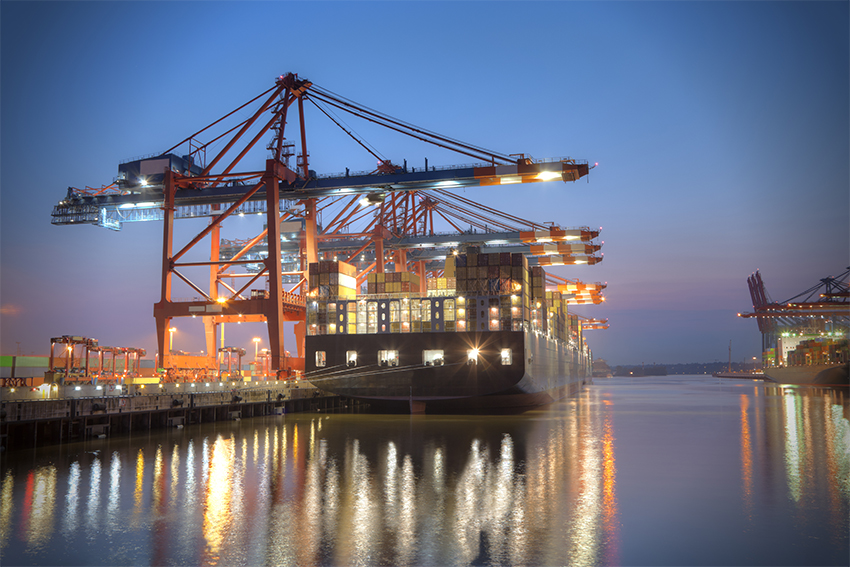This short course aims at promoting the awareness of maritime scientists and practitioners into how shipping became the most efficient mode of transport, but most importantly to highlight and analyze the current and future ship efficiency challenges that lay ahead.
Ship Efficiency
| Lectures: 5 |
Subjects
In terms of gross tonnage, bulk carriers take-up more than a third of the 1.2 trillion tons approximately supplied by the overall fleet, whilst the tonnage of oil & chemical tankers stands at 28% and that of container ships at 18 %.
During the last 18 years, seaborne trade expressed in terms of ton-miles has shown a continual increase with the exemption of a drop in 2009 following the Lehman Brothers collapse. In 2017 the total transport work has reached over 55 trillion ton-miles, which constitutes an increase of just over 80% in comparison to the year 2000. Throughout the last twenty years, the top three performing seaborne trades are those associated with other dry cargo, main dry bulks and oil, in descending order. However, over the same period, the fastest growing performed transport work is that associated with the carriage of containers, followed by that of main dry bulk cargoes and gases.
The carriage of oil cargo by tankers and marine fuel and lubricants by all ships is responsible for the incidents of accidental and operational oil pollution. However, over the last fifty years, there is a significant decline in the number of spills, which is attributed to a multitude of factors ranging from improved navigational aids and crew performance to improved ship designs and spill avoidance measures (e.g. stronger ship structures, DH, SBTs).
About Instructors

| Lectures: 5 |

